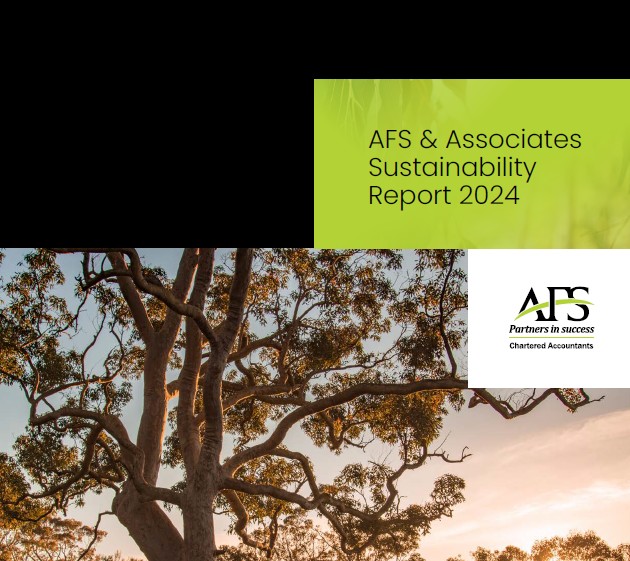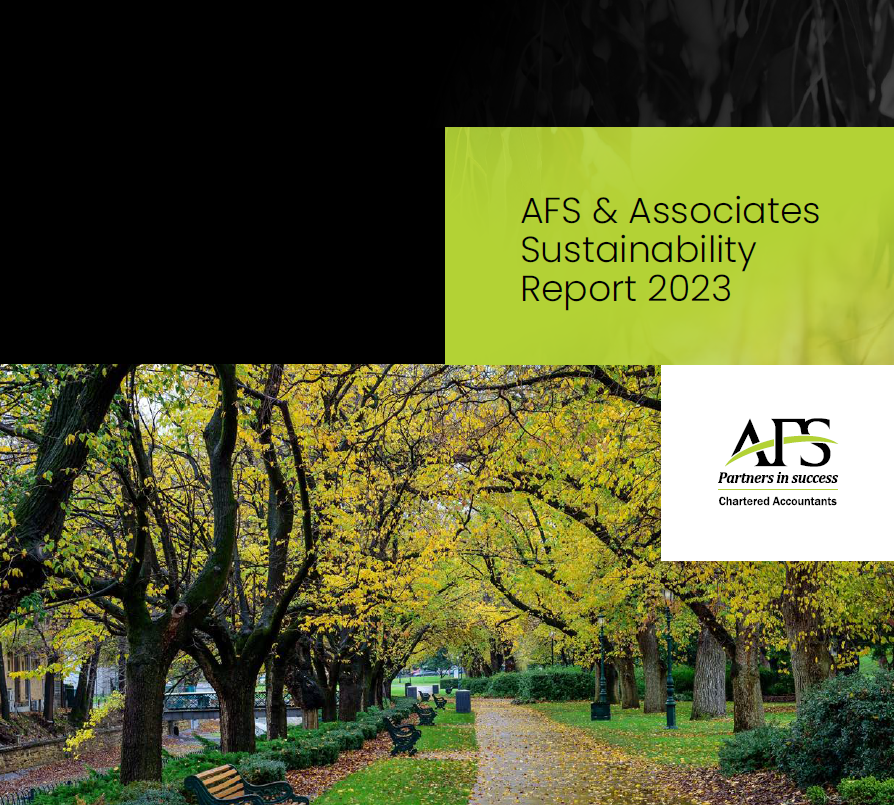Sustainability Report
AFS Sustainability Reports
We are proud to present our Sustainability Report for the fiscal year 2023-24, showcasing our commitment to environmental, social, and governance responsibility. This report reflects our journey towards sustainability, highlighting our achievements, ongoing efforts and goals to create a positive impact on the world around us.
Priorities
The direction of our sustainability report was developed through stakeholder consultation. We conducted surveys with both internal and external stakeholders to understand their perspectives and priorities. This ensured our Sustainability Report focused on the sustainability risks, opportunities and impacts that are most important to AFS and our stakeholders.
Environmental priorities
- Managing carbon and climate change
- Waste and pollution management and recycling
- Energy consumption and efficiency

Social priorities
- Diversity, equality and inclusion
- Employee safety and wellbeing
- Customer satisfaction
- Employee engagement

Governance priorities
- Business ethics
- Governance and accountability
- Risk-mitigation and management
Reporting framework
We have utilised the Global Reporting Initiative (GRI) Standards as a base of reporting in our inaugural Sustainability Report. This framework provides a comprehensive set of sustainability reporting guidelines that cover a wide range of environmental, social, and governance issues. The GRI is widely recognised as a leading standard for sustainability reporting.







